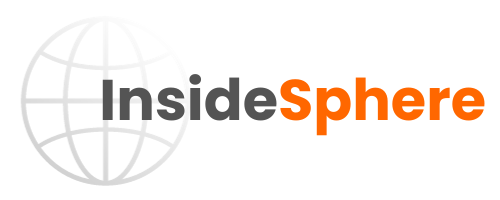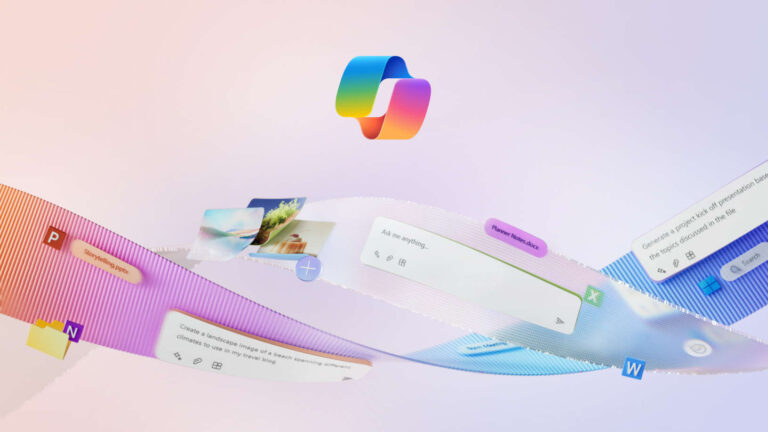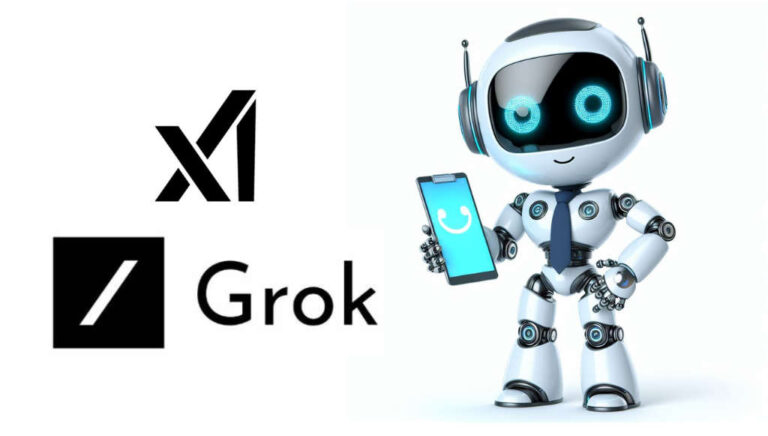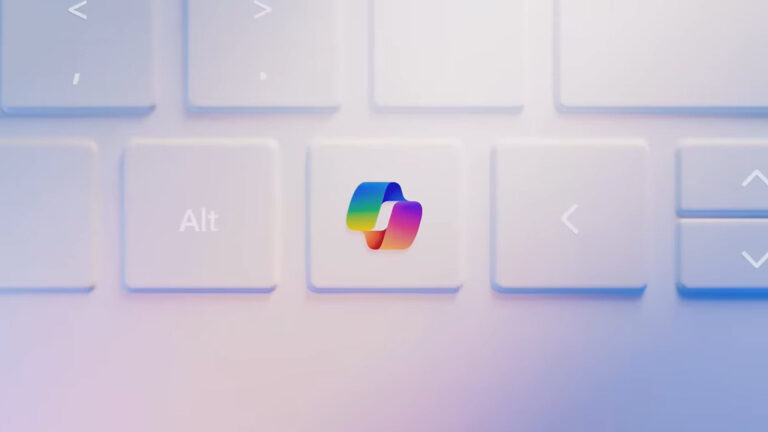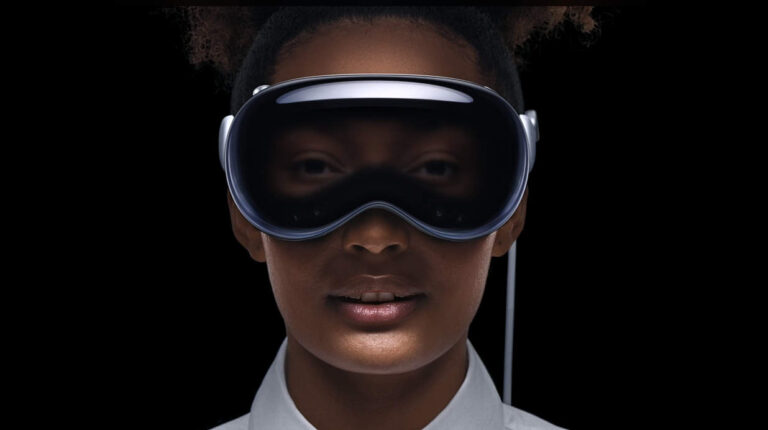In the fast-paced digital age we live in, technology has become an integral part of our daily lives, transforming the way we communicate, work, and access information. While technological advancements have undoubtedly brought about numerous benefits, it’s crucial to acknowledge and understand their impact on mental health. In this blog, we will explore the various ways in which technology influences our mental well-being and discuss both the positive and negative aspects of this relationship.
Positive Side
Access to Mental Health Resources
Technology has democratized access to mental health resources. Online platforms and apps provide a plethora of information, self-help tools, and even virtual therapy sessions, making mental health support more accessible to a wider audience.
Telemedicine and Online Therapy
The rise of telemedicine and online therapy platforms has broken down geographical barriers, allowing individuals to connect with mental health professionals from the comfort of their homes. This has proven especially valuable during times when in-person visits may be challenging.
Community Support
Online communities and forums offer individuals the opportunity to connect with others facing similar mental health challenges. This sense of community support can reduce feelings of isolation and provide a platform for sharing coping strategies and experiences.
Mood-Tracking Apps
Various apps now enable individuals to track their moods, sleep patterns, and stress levels. This self-awareness can contribute to better mental health management and provide valuable insights for both individuals and their healthcare providers.
Negative Side
Social Media and Comparison
While social media connects people globally, it also fosters an environment of constant comparison. Users often present curated versions of their lives, leading others to feel inadequate or left out. This phenomenon, known as “social media envy,” can contribute to anxiety and low self-esteem.
Digital Addiction
The ubiquity of smartphones and the constant connectivity they afford can lead to digital addiction. Excessive screen time, especially on social media or gaming platforms, has been linked to sleep disturbances, increased stress levels, and a negative impact on overall well-being.
Cyberbullying
The digital realm has given rise to cyberbullying, a form of harassment that occurs online. This can have severe consequences on the mental health of victims, leading to anxiety, depression, and in extreme cases, suicidal ideation.
Information Overload
The constant influx of information from various digital sources can be overwhelming. Individuals may feel pressured to keep up with news, trends, and notifications, leading to information overload and heightened stress levels.
As we navigate the intricate relationship between technology and mental health, it is crucial to strike a balance. While technology offers unprecedented opportunities for mental health support and self-improvement, it also poses risks to our well-being. Developing healthy digital habits, setting boundaries, and being mindful of our online activities are essential steps in ensuring that technology enhances rather than hinders our mental health. In a world that is becoming increasingly interconnected, finding this equilibrium is key to fostering a society where technology coexists harmoniously with our mental well-being.
